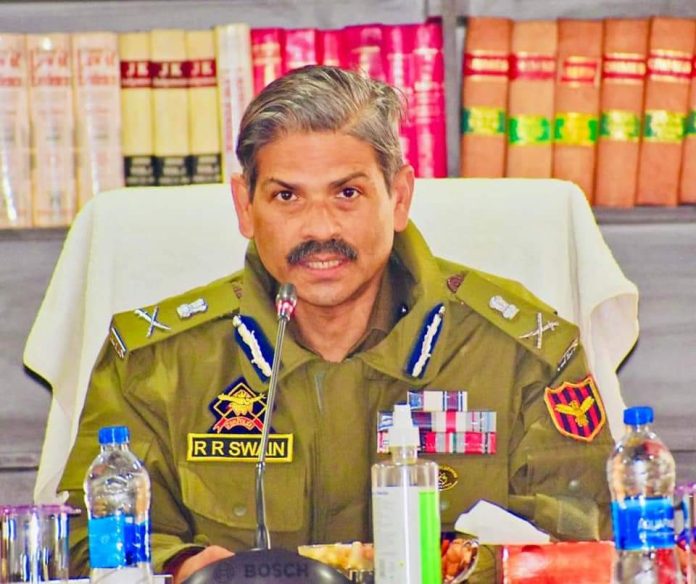In a groundbreaking move, R.R Swain, DGP of J&K has unveiled a multifaceted strategy to eliminate terrorism in the region. The initiative involves a dual approach of encouraging local militants to surrender their arms and launching major anti-terror operations. Reports suggest that the agencies are also focusing on disrupting the factors that lead to the recruitment of local youth into militancy.
Acknowledging the need for a nuanced approach, security forces are contemplating a plan to halt the recruitment of young individuals into militant groups. Central to this strategy is a deep understanding of the emotional and psychological influences that drive youth to join militant ranks. Additionally, efforts are underway to disrupt the social and cultural support for militancy, aiming to reduce or eliminate local recruitment.
Declining militancy and terrorism in Kashmir
Recent years have witnessed a significant decline in the lifespan of militants in Kashmir, with 70% of insurgents surviving less than a year after joining militant groups. This trend is attributed to improved coordination among security forces, a robust intelligence network, and the inadequate training of militants.
The newly appointed J&K DGP, R R Swain, in a high-level security review meeting in Anantnag, has affirmed the force’s commitment to preventing terrorist recruitment and ensuring the safety of the local population. Swain stated, “We will reach out to the misguided youth and motivate them to return. If they choose to return, we will receive them with love and hand them over to their parents.” However, he issued a stern warning to those who have made up their minds not to return or are motivated by financial gains, stating that they will face strict action.
Swain, emphasized that any communication or interaction with Pakistan-based handlers would be considered a crime, and the Jammu and Kashmir police would act rigorously against such individuals. In the pursuit of ending the militancy, the hit would be made to the core while ensuring minimal collateral damage. In the meeting it was also discussed that there would be a deep investigation as to who motivated the youth to join terrorist gang, who provided arms and ammunition, which madrasa or school did he go to, who were his friends and teachers, who helped him to contact the handler and which handler is responsible for putting his future to darkness.
The issue of recruitment of juveniles and sub-adults was also discussed in the meeting.
Previous surrender policies
The Jammu and Kashmir Police and the Army had previously initiated a surrender policy for local youth, where parents were called to encounter sites to persuade trapped militants to surrender. Local militants were often given opportunities to renounce arms and surrender during encounters.
The first surrender policy was introduced in 1995 during the peak of militancy, offering incentives such as a fixed deposit of Rs 1.5 lakh, a monthly stipend of Rs 1,800, and vocational training. In 2004, a revised policy applicable to both known and dreaded militants was approved, providing similar incentives. Despite these efforts, authorities have recognized the need for strategic changes to effectively deter local youth from joining militant ranks in the initial stages.

